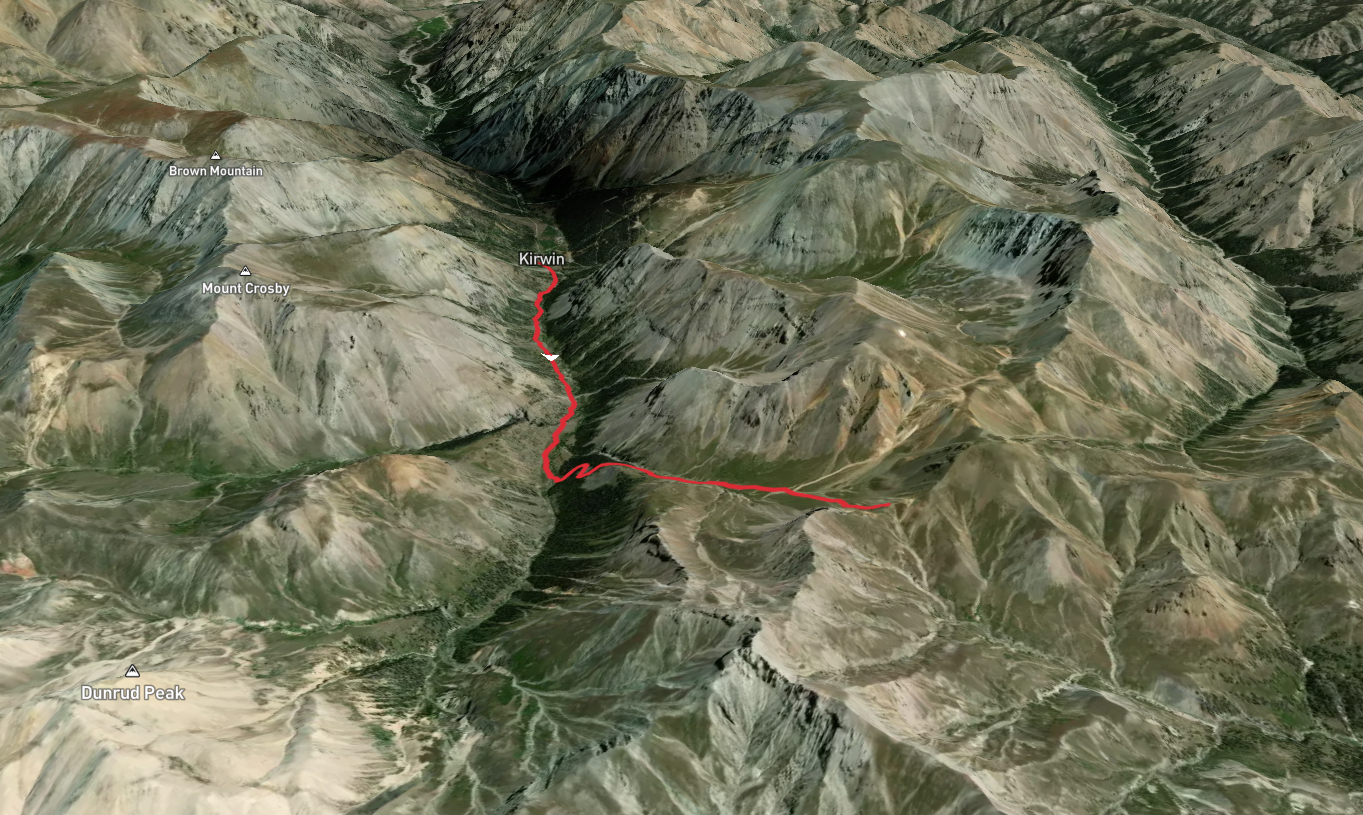Best extra difficult hiking trails in Wyoming
Only the bravest need apply! These extra-difficult trails are not for the faint of heart...
Here are some great trails to explore in Wyoming.
Most popular trails
Reviews for hiking trails in Wyoming





Frequently asked questions

Wyoming experiences a semi-arid continental climate, with cold winters and warm summers. Snow can make winter hiking challenging, with freezing temperatures and potential for avalanches in mountainous areas from November to March.
From June to September, Wyoming presents ideal hiking conditions, with warmer temperatures and reduced snowfall. Mountain areas remain cooler, providing refreshing trails for hikers.
As weather can change abruptly, especially in mountainous regions, hikers should check forecasts regularly. The National Weather Service's Wyoming page (https://www.weather.gov/wrh/StateSummary?sid=WY) provides up-to-date weather information, supporting safe and enjoyable hiking experiences.

In Wyoming, hiking in designated wilderness areas and national parks, like Yellowstone or Grand Teton, often requires permits, particularly for overnight trips. These can be acquired online or at park visitor centers. For further details, visit the National Park Service's website (https://www.nps.gov/state/wy/index.htm).

Wild camping, also known as dispersed camping, is generally permitted on U.S. Forest Service and Bureau of Land Management lands in Wyoming. However, it's essential to follow Leave No Trace principles. For information on specific areas, the U.S. Forest Service's website (https://www.fs.usda.gov/detailfull/fishlake/recreation/?cid=stelprdb5121831) is a valuable resource.

In Wyoming, emergency services, including mountain rescue, can be reached by dialing 911. For backcountry emergencies, organizations like Teton County Search and Rescue (https://www.tetoncountysar.org/) provide specialized assistance. Hikers should also consider carrying a Personal Locator Beacon (PLB) for added safety in remote areas.

Wyoming's diverse terrain includes prairies, forests, and alpine regions, each with distinct plant life. Expect to see sagebrush in plains, conifers in mountains, and vibrant wildflowers in summer. Familiarity with flora can enhance the hiking experience. Visit Wyoming Native Plant Society (https://www.habitatcan.org/local-resources/Wyoming-Native-Plant-Society/15766/) for detailed information.

Wyoming's diverse wildlife includes grizzly and black bears, moose, bison, and pronghorn. Hikers should be bear-aware and maintain a safe distance from all wildlife. Mosquitoes can be prevalent, so protection is crucial. Wyoming Game and Fish Department's website (https://wgfd.wyo.gov/Wildlife-in-Wyoming) provides useful wildlife information.
More trails in Wyoming
by difficulty
by type









